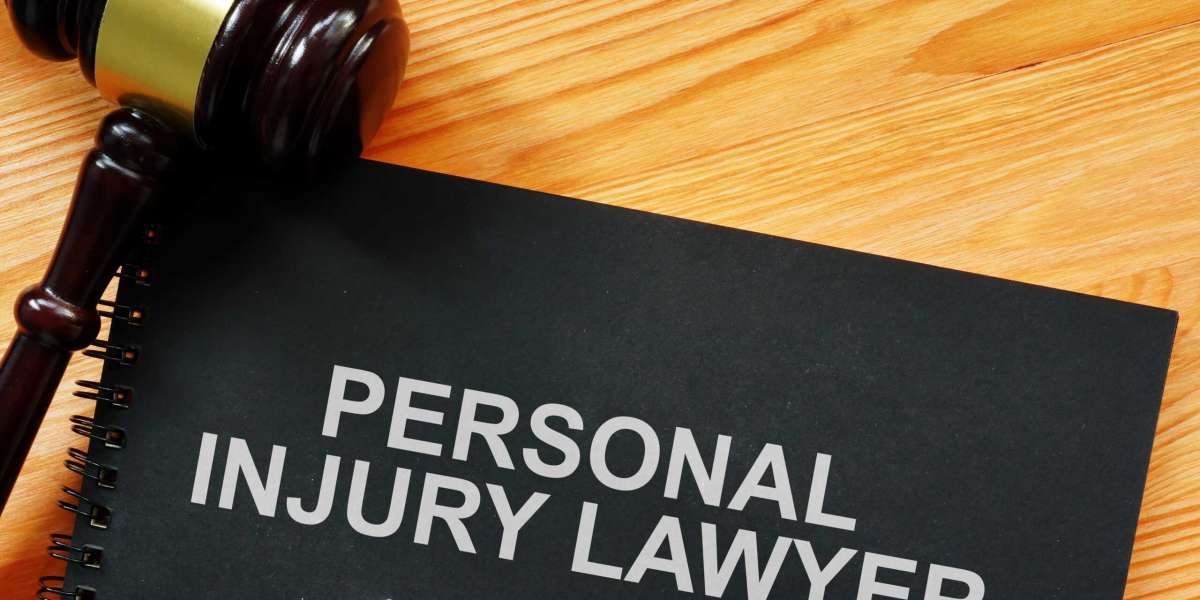Being involved in a personal injury accident can be overwhelming and stressful. Whether it’s a car crash, slip and fall, or workplace accident, taking the right steps immediately afterward is crucial for your safety, recovery, and potential compensation. Here’s a comprehensive guide on what to do after a personal injury accident.
1. Ensure Your Safety and Seek Medical Attention
Your health and safety should be your first priority. Move to a safe location if possible, and call emergency services if needed. Even if your injuries seem minor, seek medical attention promptly. Some injuries, such as internal bleeding or concussions, may not be immediately apparent but can have serious long-term consequences.
2. Call the Police and File a Report
If your accident involves a vehicle, workplace incident, or public property, contacting the police and filing an official report is essential. A police report provides an official record of the accident, which can be crucial for insurance claims and legal proceedings.
3. Document the Scene
Collecting evidence immediately after an accident can strengthen your personal injury claim:
Take photos or videos of the scene, damages, and injuries.
Note the time, date, and location of the accident.
Record the names and contact information of witnesses.
Keep copies of any relevant documents, such as medical reports or repair estimates.
4. Avoid Admitting Fault
Even if you feel partially responsible for the accident, avoid making statements that admit fault. Liability can be complicated, and anything you say may be used against you in legal or insurance proceedings. Focus on factual details when discussing the accident with authorities or insurance representatives.
5. Notify Your Insurance Company
Report the accident to your insurance provider promptly. Provide accurate information without speculating or exaggerating. Insurance companies may attempt to minimize payouts, so it’s important to communicate carefully and avoid admitting liability.
6. Keep Detailed Records
Maintain thorough records of everything related to the accident, including:
Medical treatments and expenses
Lost wages or time off work
Communication with insurance companies
Any correspondence with repair or service providers
Accurate records help your personal injury lawyer calculate the full extent of your damages and compensation.
7. Consult a Personal Injury Lawyer
One of the most important steps is to contact a personal injury lawyer as soon as possible. A lawyer can:
Evaluate your case and advise on next steps
Handle communications with insurance companies
Gather evidence and build a strong claim
Ensure you receive fair compensation for medical bills, lost wages, and pain and suffering
Consulting a lawyer early helps protect your rights and maximizes your chances of a successful outcome.
Conclusion
Taking the right steps immediately after a personal injury accident can significantly impact your recovery and the compensation you receive. From seeking medical care and documenting the scene to notifying insurance and consulting a personal injury lawyer, each action is critical.
If you’ve been injured, don’t wait—contact a trusted personal injury lawyer Mississauga today to discuss your case and ensure your rights are protected. Acting promptly can make all the difference in achieving fair compensation.








